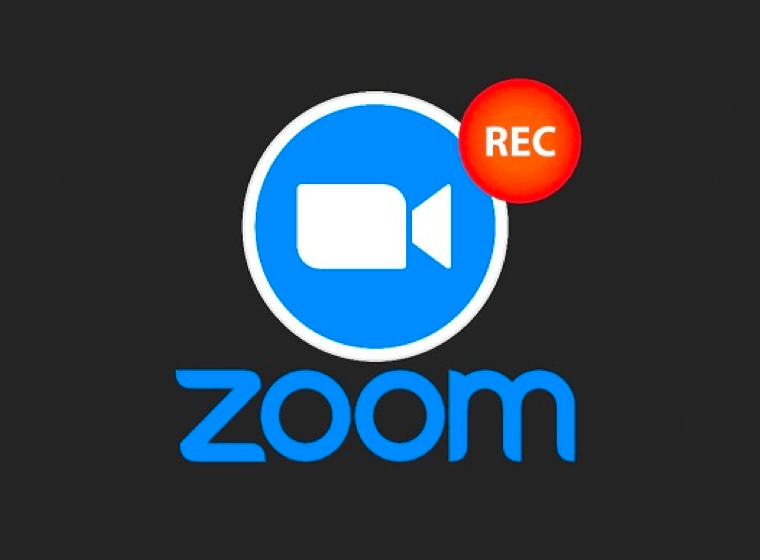Recording Zoom meetings is an essential feature for preserving important discussions, webinars, or training sessions. But where should you save these recordings: Zoom Cloud or your local computer? This article examines the advantages and disadvantages of each method and provides recommendations for choosing the optimal solution.
📌 Zoom Cloud Recording
How it works:
Recordings are saved on Zoom’s servers and accessible through your account.
✅ Advantages:
🔹 Automatic processing – Zoom automatically separates recordings into video, audio, and chat components
🔹 Access from any device – viewable on phones, tablets, or computers
🔹 No storage space used – especially important for long meetings
🔹 Easy sharing – convenient for participants who missed the meeting
❌ Disadvantages:
🔸 Limited storage duration – free accounts lose recordings after 30 days
🔸 Requires stable internet – poor connection may interrupt recording
🔸 Less control – Zoom’s policy changes could affect access
💡 Best for:
✔ Users with limited computer storage
✔ Webinar hosts needing quick sharing options
📌 Local Recording (Computer Storage)
How it works:
Saves directly to your hard drive in MP4 (video) and M4A (audio) formats.
✅ Advantages:
🔹 Complete control – edit, copy, and store indefinitely
🔹 Internet-independent – continues recording if connection drops
🔹 No storage time limits – files remain yours permanently
❌ Disadvantages:
🔸 Uses disk space – ≈1GB per hour of HD recording
🔸 Manual editing required – need video editing software for modifications
🔸 Sharing requires upload – must transfer to cloud services
💡 Best for:
✔ Long-term archival needs
✔ Users who need to edit recordings
🔍 Comparison Table
| Feature | Zoom Cloud | Local Recording |
|---|---|---|
| Storage Location | Zoom servers | Your computer |
| Capacity | Unlimited (but time-limited) | Depends on available space |
| Accessibility | Internet required | Only on your computer |
| Auto-processing | Yes (separates components) | No |
| Risk of Loss | Depends on Zoom policies | Only if files are deleted |
🚀 How to Choose the Best Option
- Need quick sharing? → Cloud
- Important long-term recordings? → Local + cloud backup
- Unstable internet? → Local recording
Pro Tip: For maximum security, use both methods – record locally first, then upload to cloud.
💡 Conclusion
Both options have merits:
- Cloud for quick access and sharing
- Local for reliable long-term storage
Choose based on your specific needs! 🎥







